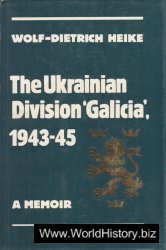The best starting point in English is Brunt 1971b or the later, more profound analysis in Brunt 1988c: 1-92. For the current, vigorous debate about the validity of Brunt’s premises in the areas of agrarian history, military manpower, and demography, see
Chapters 27 and 28 above; cf. Morley 2001, Rosenstein 2004, and Scheidel 2004. Gruen 1974: esp. 498-507 is bracingly revisionist; the 1995 edition contains an illuminating introduction. Somewhat heavy-handed criticism of Gruen may be found in Crawford 1976; Deininger 1980 includes a broad view of the historiography of the problem as well as a response to Gruen, whose central idea that the Republic was not on its deathbed has now been picked up in German by Girardet 1996 and Welwei 1996. Meier 1980 is tough going for those who are not native speakers of German (and perhaps for some who are); a brief sketch in English (without scholarly apparatus) of the theory of ‘‘crisis without alternative’’ may be found in Meier 1982: 349-63. (Some further references in Morstein-Marx 2004: 285 n.13.) An excellent critical review in English is Brunt 1968 (which Meier seeks to answer in the new introduction to Meier 1980: xv-xxxi); cf. also Badian 1990b. On Meier, see also Chapter 1 above. Recent debate has been carried forth almost exclusively by German scholars stimulated or provoked by Meier’s views on the Roman Republic and on Caesar: see especially the works of Welwei and Girardet just cited, with the response by Deininger 1998. Alongside that debate, however, see also Bleicken 1995b and (in English) Eder 1996, the latter of whom emphasizes the breakdown of elite consensus and loss of the constitutional conventions that moderated the full exploitation of archaic institutions.




 World History
World History









